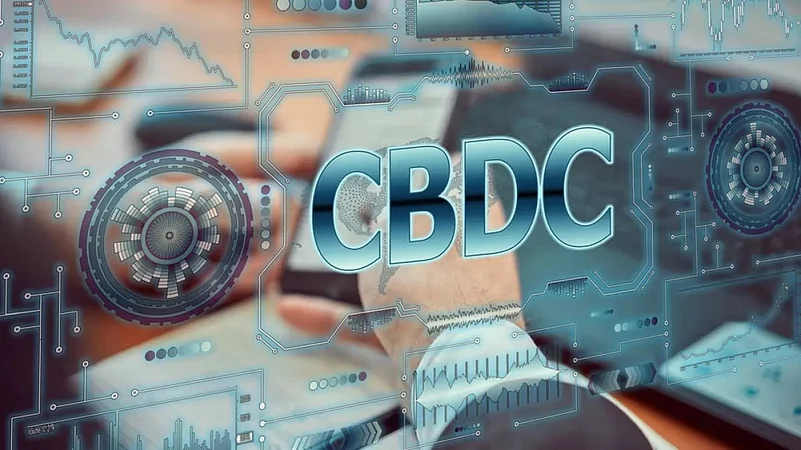Sharing more detail on CBDC, the minister said the digital rupee is undergoing trials for wholesale (e₹-W) and retail segments (e₹-R). The test for the wholesale digital rupee was launched on November 1, 2022. It will be used to settle secondary market transactions in government securities and is expected to make the interbank market more efficient.
It would reduce the transaction costs by pre-empting the need for settlement guarantee infrastructure or collateral to mitigate settlement risk. The pilot in the retail segment was launched on December 1, 2022, involving select participating customers and merchants.
The minister said the RBI involved eight banks in the phased retail pilot project. The first phase includes the State Bank of India, the ICICI Bank, the Yes Bank, and the IDFC First Bank. The Bank of Baroda, the Union Bank of India, the HDFC Bank , and the Kotak Mahindra Bank will participate in the second phase.
In response to another question, the minister said e₹-R is in a digital token form but has the same denominations as paper currency and coins. RBI will distribute it through the banks. Users can transact e₹-R through a digital wallet offered by the participating banks.
Transactions can be person-to-person (P2P) and person-to-merchant (P2M). In addition, the e₹-R offers physical cash like trust, safety, and settlement finality. CBDC will not earn any interest like cash and can be converted to other forms of money, like deposits with banks.
Other steps taken for the full operationalisation of CBDC include expanding the scope of the pilots to include more banks, users, and locations based on feedback received during the trials, the minister said.













